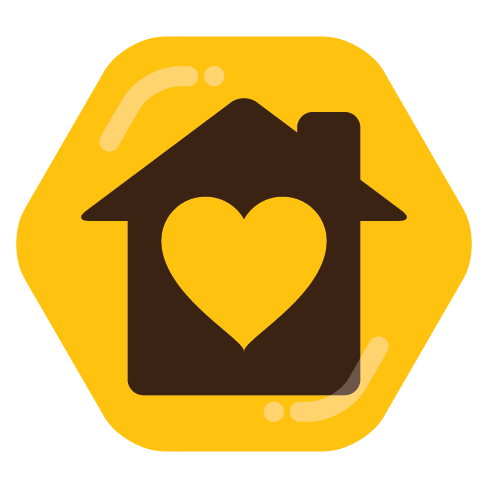I’ve been thinking a lot lately about how, with things exactly as they are (so, without the community resources, policy changes, and ideas that would ideally exist in the future) I might want to respond to a situation in which I feel threatened. There is not a particularly strong sense of community in my geographic area, and I cannot think of any ‘people i know’ who I would feel comfortable calling for help were I to need it. I’m thinking primarily of abusive people, threats to my safety, dangerous behavior, and the like - I think drugs are a medical issue and being robbed would suck but that’s also not necessarily going to become personal if it’s just about money. Has anyone here read about, or practiced, any methods for deescalating, defending against, or getting out of such situations without having to ask the police? I would like have some of these ideas thought through and waiting in the back of my mind before I actually need them.


Unfortunately, you basically listed the 2 most effective ways to do this as unavailable: local community and family/ friends.
Yes, very much so, but it’s not simple stuff you can impart in a forum thread. I’ve gone through several de-escalation courses while working for a university. Actual de-escalation training is (or at least, should be when done right) very technical, because there is a lot of variability in your methods depending on the situation:
Any of those things (and more that I’m not thinking of off the top of my head) can change how you approach the situation, and the actual methods of de-escalation are very complex on their own.
You can take courses in de-escalation on your own, if your job is presumably not providing it (avoid de-escalation courses paired with, rolled-into, or run by self-defense trainers, imo. Look for ones that specialize in preparing teachers, medical staff, and care and social workers).
If you don’t have family or friends around, I highly suggest introducing yourself to some neighbors. People are often shocked how much neighbors want to interact as a community, but most of the time no one ends up taking that first step. Plan a meet-and-greet for your apartment complex, go around and introduce yourself door-to-door , with some cookies, etc.
DO NOT lead with “I’m looking to find a group of people to be a local community intervention and defense group, to avoid having to bring police into situations we can handle ourselves.” You’ll get the wrong people interested. xD
Lastly, self-defense is important, and you should know how to defend yourself and others. Don’t fall for people telling you martial arts are useful for this. BJJ is useful if someone else grapples you, but you want to avoid getting into that situation as much as humanly possible.
Retreat is always safest/best. Ranged defense is second-safest. Hand-to-hand is not at all safe. Take that as you will.
I did a de-escalation thing for teachers, it’s actually super interesting. One surprising thing for me is that if a student comes at you with a weapon, sit down, I unfortunately had to deal with that situation shortly after, totally works. I got a grown adult man to calm all the way down using the techniques I was taught. Obviously someone coming at you with a weapon is a dangerous situation regardless, and there’s no way to sort it 100% of the time, but what I did went against every instinct I had and was really good.